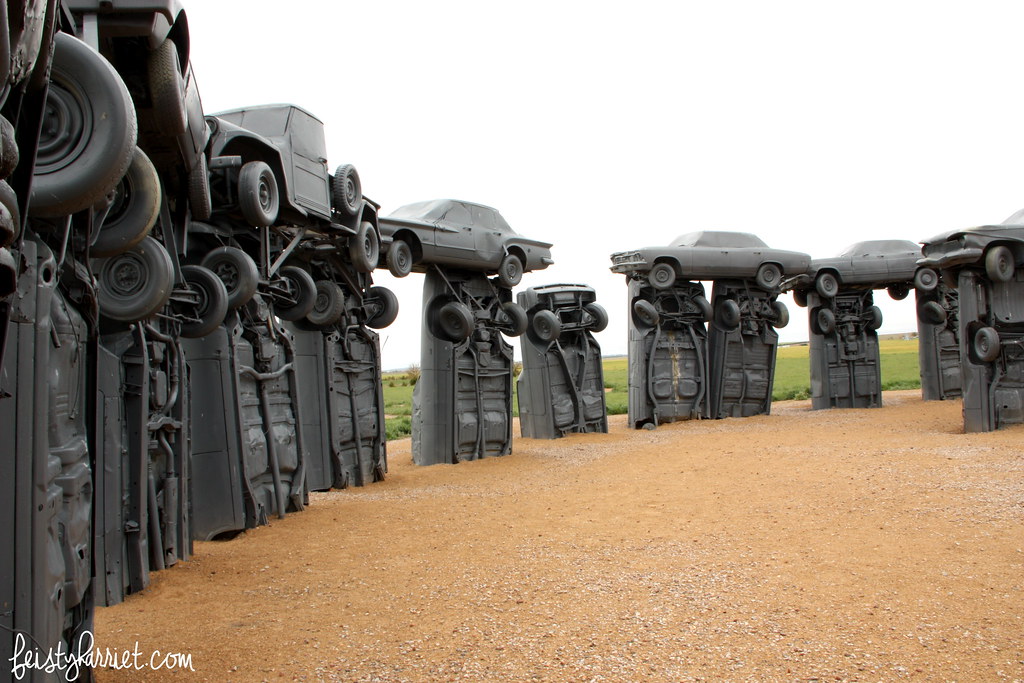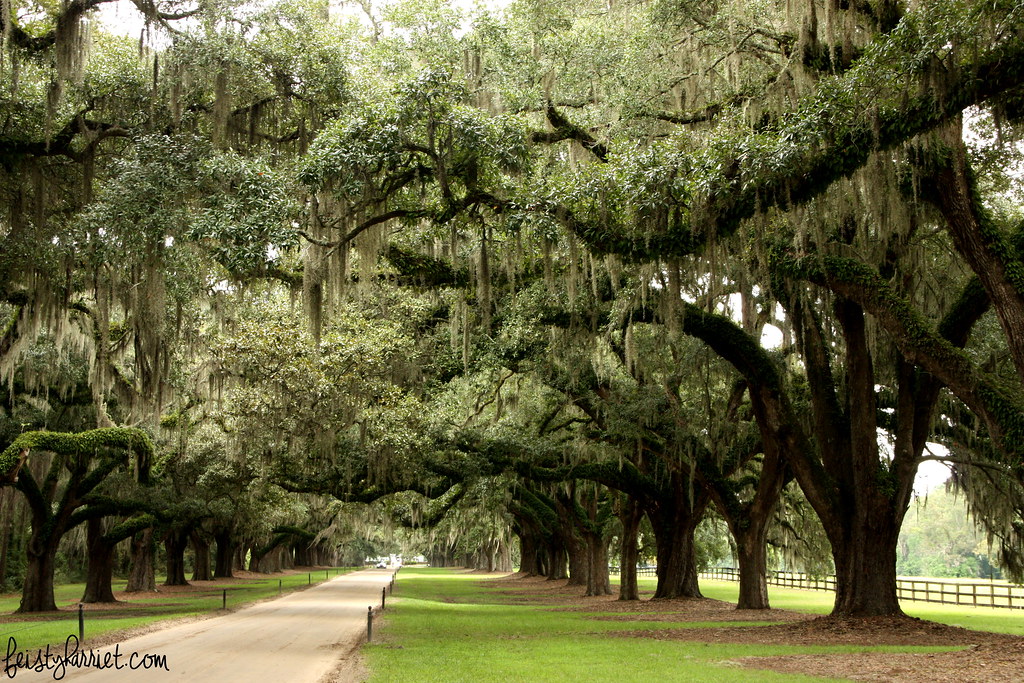My life is very different as far as time management goes than it was 3 months ago, I’m working remotely from home and am figuring out that piece, and I also figuring out how to merge my life with Blue Eyes after years apart, and figure out my role as stepmom, and, and, and…it’s a lot of change. I’ve been making lists like crazy and trying different ways to refine my habits and use my time wisely. Shockingly, because reading and nerdery is totally my jam, I picked up a handful books that I hoped would help me navigate this new space. Now, overall, I don’t feel like any individual book was all that helpful. Most had really great ideas and components, but I feel like none were a home-run for me. But, collectively, I felt like I have some new insight in creating and maintaining better habits, becoming more efficient, and structuring my life to “default” to a better, healthier decision, instead of default to Netflix and Kraft Mac-n-Cheese.
168 Hours: You Have More Time Than You Think, by Laura Vanderkam. This is a reread (originally rated 3 stars), but I only read the parts about efficiency at work and not at home because I think her research and writing is crap for efficiency & time management at home. My biggest take-aways this time through are that you have more time than you think and YOU are in control of it, you prioritize how you spend your time, and no one else. True, you cannot control the random chaos in the universe, but you can use your time to “stack the odds in your favor.” So, I’ve adding some of Vanderkam’s strategies about efficiencies at work to my daily life and am hoping that in a month or two I will have solidified some new habits that help me figure out how I fit in this new life and head-space.
The Life-Changing Magic of Tidying Up, by Marie Kondo (3 stars). I will say this straight up: I do not drink the Konmari Kool-Aid. I think she makes a lot of really great points, and I also think that I have a lot of room for improvement in pack-rat prevention. However, I am not to the extreme point of minimalism that Kondo suggests, nor do I want to be. I grew up with very few things of my own, and even fewer that were purchased specifically for me and not acquired second or third hand and used simply because there was no other option and no money for another option. Things matter to me in ways they do not matter to Kondo, and that is okay! Now, I do try and select quality over quantity, and I have thinned out my clothes, my books, and other cluttery areas again post-Kondo. But I will never dry my dishes on the patio and I won’t talk to my socks and I won’t get rid of my bookcases because they are an eyesore. I love having a home full of books and art; that brings me joy, Marie Kondo be damned.
Better Than Before: Mastering the Habits of Our Everyday Lives, by Gretchen Rubin (3 stars). I think there are a lot of really great components of this book, I like the easy-to-identify-with style Rubin employs, but I also grew wary of how much Gretchen was embedded in the pages. Her “conversational” style seems to veer towards lecturing and bossiness, which I have a difficult time relating to (I am a Questioning Rebel, so this perspective does not surprise me at all). None of this was particularly new information, but I have read other non-fiction books about creating and forming habits that I found more insightful and helpful, and weren’t quite so, well, Gretchen.
Happier at Home, by Gretchen Rubin (2 stars). I did not love this book, I feel like it was an addendum to the Happiness Project and not actually a new spin, quantifying and specifying at-home projects. I feel like Rubin contradicts herself over and over, and the things that she values the most are the exact opposite of what I value. (She’s a workaholic homebody who hates trying new foods, trying new hobbies, changing up the fundamentals of her routine, or buying anything, even if it might enhance or simply her life. She likes to “work harder” but I don’t feel like she has any interest in working smarter, her lack of efficiency is appalling, frankly. She doesn’t like interacting with new people on THEIR level, but she does like interviewing/lecturing them on whatever she’s researching at the moment. I am, for the most part, the exact opposite of all of those components. This book was hard for me, and will probably be my last Rubin book. Meh.
The Power of Habit: Why We Do What We Do in Life and Business, by Charles Duhigg (3 stars). This is a mix between a neuro-psychology book about how the brain is wired/re-wired, and a book about consumer choices, specifically, buying patterns and economics. So, it’s probably not at all surprising that I really enjoyed it! Many of the studies that were used about brain pathways I’ve read about in other books; examples of how to create good habits I’ve heard about in other books, there wasn’t a ton of groundbreaking new information, but I did appreciate the delivery.
Others recommended reads: Incognito: The Secret Lives of the Brain, by David Eagleman; Nudge: Improving Decisions About Health, Wealth, and Happiness, by Richard Thaler and Cass Sunstein; The Checklist Manifesto, by Atul Gawande.
Instead of grouping book reviews by month or quarter, I’ve decided to group them by topic instead because that seems to be how I read them anyway. What are you reading lately?









